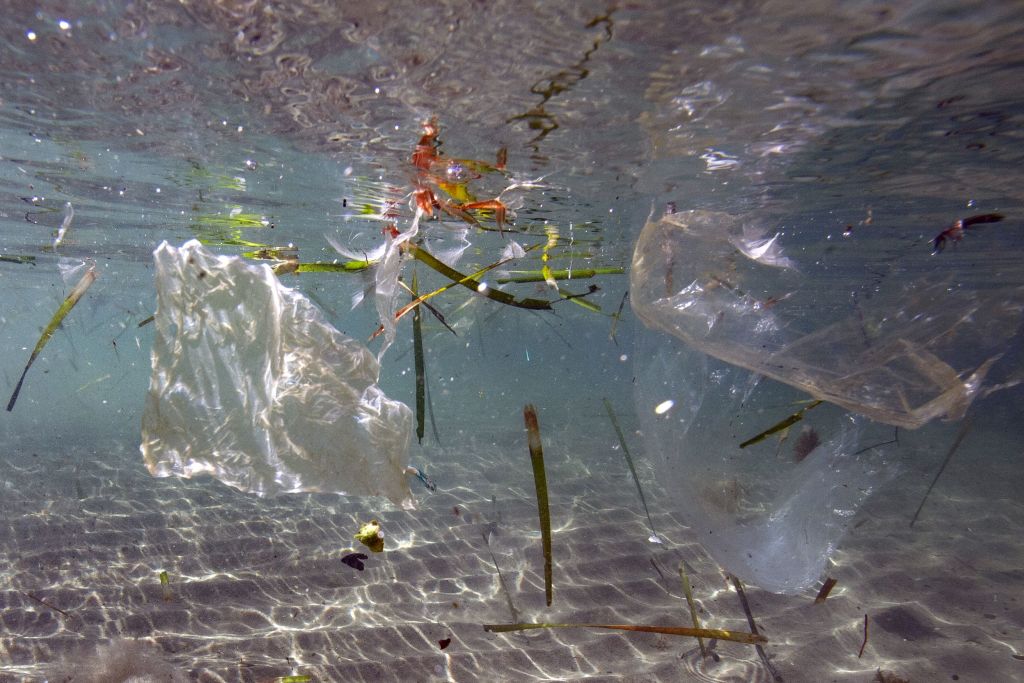Hokkaido University Researchers Discover New Marine Bacteria Capable of Breaking Down Plastic
In a groundbreaking discovery, scientists at Hokkaido University have identified a previously unknown species of marine bacteria that can effectively degrade a type of plastic commonly found in single-use items and packaging. This plastic, known as polymer polybutylene succinate (PBS), is often considered eco-friendly as it biodegrades on land. However, it continues to persist in aquatic environments, posing a threat to our oceans and waterways.
Collaborating with colleagues from the Mitsubishi Chemical Group in Japan, the researchers at Hokkaido University genetically engineered this new bacterium to enhance its plastic biodegradation capabilities. They identified an enzyme called PBSase, responsible for breaking down PBS, and integrated it into the marine bacterium Escherichia coli. This genetic modification resulted in a more efficient plastic degradation process.
The research team’s efforts not only contribute to our understanding of plastic behavior in marine environments but also offer innovative solutions to tackle plastic pollution. Yasuhito Yamamoto from Mitsubishi Chemical Corporation highlighted the potential of this enzyme as a catalyst for the chemical recycling of plastic waste, providing a promising avenue for addressing plastic pollution both on land and in the sea.
Plastic pollution is a significant global environmental issue, and the discovery of marine bacteria capable of breaking down plastics offers hope for finding effective solutions. While certain marine bacteria have evolved the ability to degrade various types of plastic, the slow rate of natural plastic biodegradation and the environmental implications of byproducts like microplastics and carbon dioxide emissions remain challenges.
Led by Tomoo Sawabe, the research team at Hokkaido University searched for and successfully identified multiple strains of marine bacteria that can break down PBS. They isolated the key enzyme responsible for PBS degradation and used molecular biology techniques to insert the PBSase gene into Escherichia coli, producing highly purified enzyme samples for further examination.
This groundbreaking work, published in the Environmental Biology journal, holds great promise in the fight against plastic pollution in our oceans. Addressing this pressing issue is crucial for safeguarding the environment.
© 2023 TECHTIMES.com All rights reserved. Do not reproduce without permission.

I have over 10 years of experience in the cryptocurrency industry and I have been on the list of the top authors on LinkedIn for the past 5 years. I have a wealth of knowledge to share with my readers, and my goal is to help them navigate the ever-changing world of cryptocurrencies.




